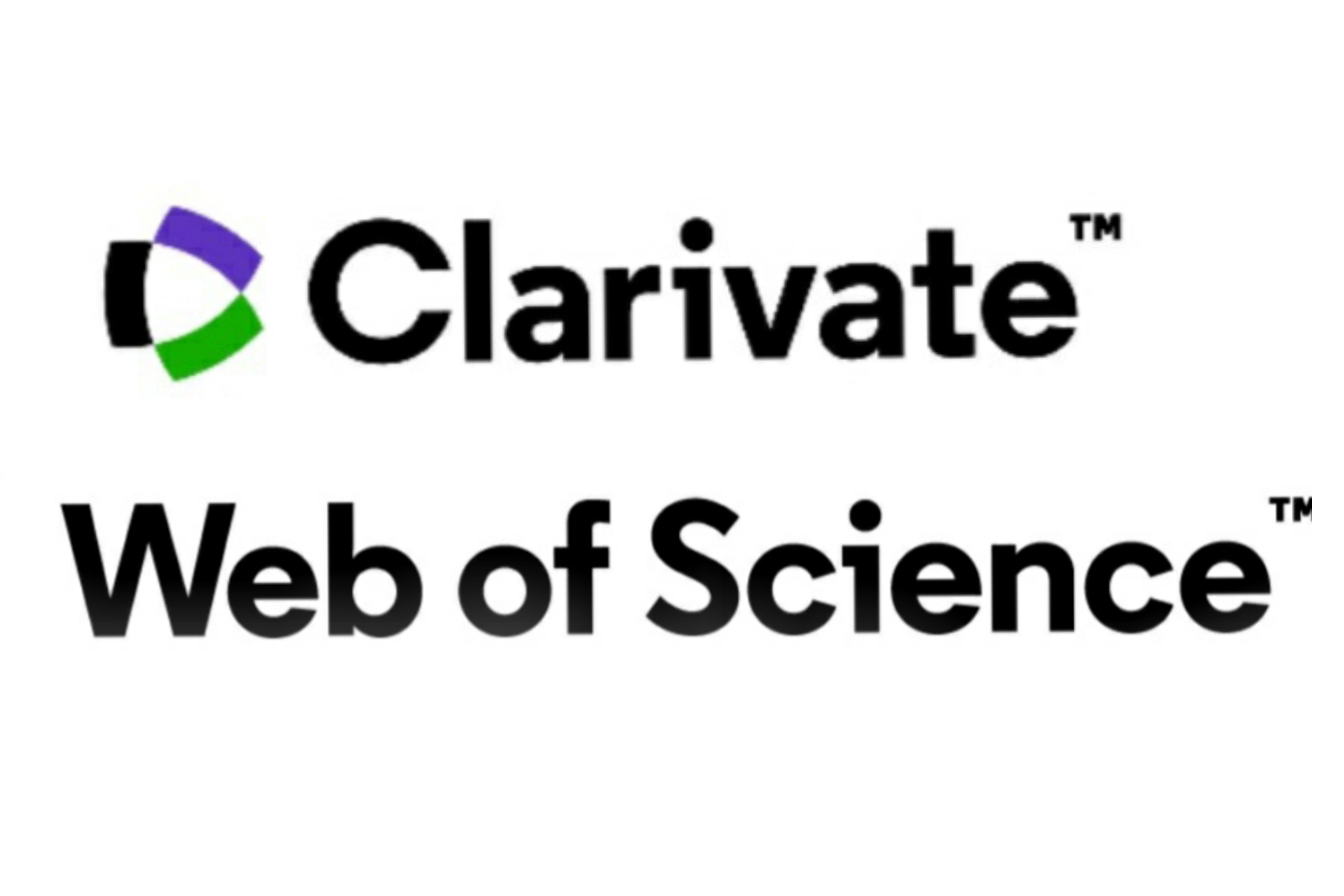INFORMATION AND ANALYTICAL SYSTEM FOR ASSESSING THE HEALTH STATUS OF STUDENTS
Студенттердiң денсаулық жағдайын бағалау үшiн ақпараттық-талдау жүйесi
DOI:
https://doi.org/10.26577/JMMCS.2023.v118.i2.09Keywords:
Internet of Things, Ambient Intelligence, Artificial Intelligence, Health monitoring, algorithm, SimulationAbstract
The purpose of our work was to study the effectiveness of using an intelligent information- analytical system to assess the health status of students on the basis of one of the universities in Kazakhstan, the Kazakh National University named after Al -Farabi. For this purpose, a simulation was performed using individual health data 4456 university students. The study involved 47.4% of female students and 52.6% of males; the predominant age ranged from 18 to 21 years (66.9%), and the distribution of students by years of study was almost uniform. For classification were used such as Vector Machine, K - Nearest Neighbour, Random Forest and Naive Bayes supports. The performance metrics chosen to evaluate the use of various prediction algorithms were Specifity, Sensitivity, Accuracy, and Accessibility. It has been established that when using the classifier Support Vector Machine ’s Specifity, Sensitivity, Accuracy, and Accessibility scores are at their highest, reaching 97%. The overall performance of the developed intelligent information and analytical system was evaluated using the Reliability parameter. In comparison with other well-known systems for monitoring the health of patients (AmbIGEM and AAL ), the system developed by us showed higher reliability (90-95%). In the future, the developed model can be used to expand health monitoring by including external parameters that can also affect the health of students. In addition, it is planned to introduce Deep Learning to monitor the health of students
in other educational institutions in Kazakhstan and the world.
References
[2] Ahmad F.S., Ali L., Khattak H.A., Hameed T., Wajahat I., Kadry S., Bukhari S.A.C., "A hybrid machine learning framework to predict mortality in paralytic ileus patients using electronic health records (EHRs) [Journal of Ambient Intelligence and Humanized Computing] Vol. 12 (2021): 3283-3293.
[3] Abdel-Basset M., Manogaran G., Gamal A., Chang V., "A novel intelligent medical decision support model based on soft
computing and IoT" , IEEE Internet of Things Journal, 7:5 (2019): 4160-4170.
[4] Abdel-Basset M., Hawash H., Chakrabortty R.K., Ryan M., Elhoseny M.,Song H., "ST-DeepHAR: Deep learning model
for human activity recognition in IoHT applications" , IEEE Internet of Things Journal, 8:6 (2021): 4969-4979.
[5] Badıllı U., Mollarasouli F., Bakirhan N.K., Ozkan Y., Ozkan S.A., "). Role of quantum dots in pharmaceutical and
biomedical analysis, and its application in drug delivery" , TrAC Trends in Analytical Chemistry, (2020): 116013.
[6] Bilandi N., Verma H.K., Dhir R., "AHP–neutrosophic decision model for selection of relay node in wireless body area
network", CAAI Transactions on Intelligence Technology 5:3 (2020): 222-229.
[7] Char D.S., Abramoff M.D., Feudtner C., "Identifying ethical considerations for machine learning healthcare applications" ,
The American Journal of Bioethics 54 (2020): 7-17.
[8] Chen X., Xie X., Liu Y., Zhao C., Wen M., Wen Z., "Advances in healthcare electronics enabled by triboelectric
nanogenerators" , Advanced Functional Materials 54 (2020): 30-43, 2004673.
[9] Dawood B.A., Al-Turjman F., Nawaz M.H., "Cloud computing and business intelligence in IoT-enabled smart and healthy
cities" , AI-Powered IoT for COVID-19 54 (2020):1.
[10] Eeshwaroju S., Jakkula P., Ganesan S., "IoT based empowerment by smart health monitoring, smart education and smart
jobs" , 2020 IEEE International conference on computing and information technology (2020):1-5.
[11] Gavidia M., Caffrey M., "AV-BID X for employers: A framework designed to promote employee access to high-value drugs,
services" , The American Journal of Accountable Care 3 (2020):12-13.
[12] Greenberg N., Docherty M., Gnanapragasam S., Wessely S., "Managing mental health challenges faced by healthcare
workers during covid-19 pandemic" , BMJ 368 (2020).
[13] Grol R., Wensing M., "Effective implementation of change in healthcare: A systematic approach. The implementation of
change in health care. " , Improving patient care (2020):45-71.
[14] Gams M., Gu I.Y.H., Harma A., Munoz A., Tam V., "Artificial intelligence and ambient intelligence" , Journal of Ambient
Intelligence and Smart Environments (2019) 11(1):71-86.
[15] Javed A.R., Sarwar M.U., Beg M.O., Asim M., Baker T., Tawfik H., "A collaborative healthcare framework for shared
healthcare plan with ambient intelligence" , Human-centric Computing and Information Sciences (2020) 10(1):1-21.
[16] Jimenez G., Spinazze P., Matchar D., Huat G.K.C., van der Kleij R.M., Chavannes N.H., Car J., "Digital health competencies for primary healthcare professionals: A scoping review", International Journal of Medical Informatics (2020) :104260.
[17] Kumar A., Krishnamurthi R., Nayyar A., Sharma K., Grover V., Hossain E., "A novel smart healthcare design, simulation, and implementation using healthcare 4.0 processes" , IEEE Access (2020)8 :118433-118471.
[18] Karpova E.V., Karyakina E.E., Karyakin A.A., "Wearable non-invasive monitors of diabetes and hypoxia through continuous analysis of sweat" , Talanta (2020)8 :120922.
[19] Manogaran G., Alazab M., Saravanan V., Rawal B.S., Sundarasekar R., Nagarajan S.M.,Montenegro-Marin C.E. "Machine learning assisted information management scheme in service concentrated IoT", IEEE Transactions on Industrial Informatics (2020)17:2871-2879.
[20] Ma Y., Zhang Y., Cai S., Han Z., Liu X., Wang F., Feng X., "Flexible hybrid electronics for digital healthcare" , Advanced Materials (2020) 32(15):1902062.
[21] Mansurova, M., Zubairova, M., Kadyrbek, N., Tyulepberdinova, G., Sarsembayeva, T., "Data Analysis for the Student Health Digital Profile. Proceedings - 2021 16th International Conference on Electronics Computer and Computation", ICECCO (2021).
[22] Mansurova, M., Sarsenova, L., Kadyrbek, N., Tyulepberdinova, G., Sailau, B., "Design and Development of Student Digital Health Profile" , 15th IEEE International Conference on Application of Information and Communication Technologies, AICT (2021).
[23] M. E. Mansurova, V. B. Barakhnin, G. A. Tyulepberdinova, F. R. Gusmanova, A. A. Nurakhanova, "Comparative analysis of the classification of health status by artificial intelligence methods. Bulletin of Abai Kaznpu" , physical and Mathematical Sciences (2021): 129-137.














